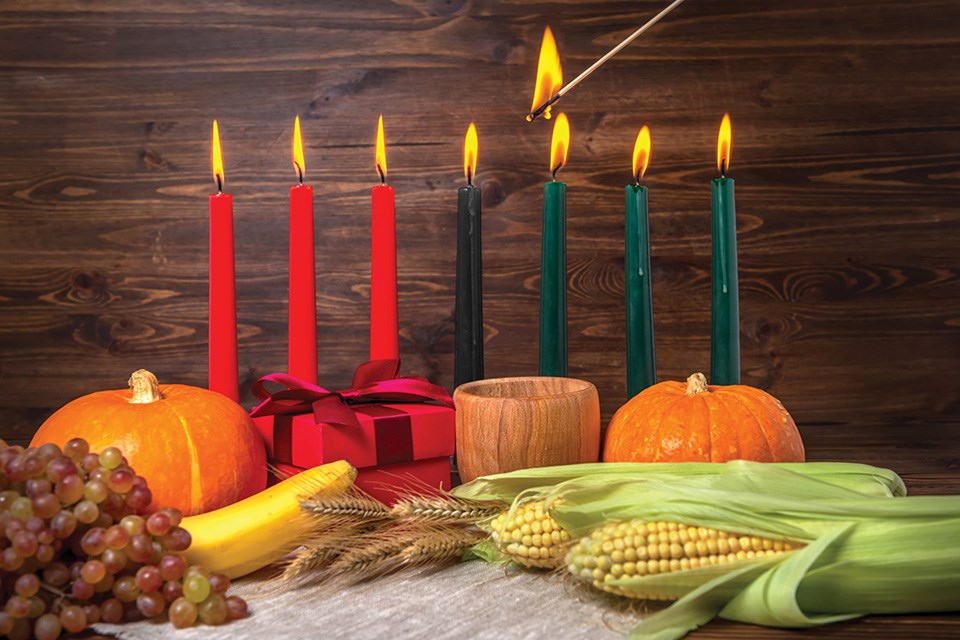Traditions are a major component of the holiday season. No matter which holiday individuals celebrate, chances are they cherish certain traditions that make the season more special.
Kwanzaa celebrants know that tradition figures prominently in this week-long celebration of African American culture that begins each year on December 26. Kwanzaa was created more than half a century ago, and in the years since its creation in 1966 many traditions have become part and parcel of celebrants’ holiday seasons. The following are a handful of Kwanzaa traditions that can make celebrations more special.
• Lighting the kinara: Candles feature prominently in religious and secular holiday season celebrations, and Kwanzaa is no exception. The kinara is a special candleholder with three red, three green and one black candle, and each night during Kwanzaa celebrants light a new candle. The African American Cultural Center-Los Angeles notes that candles are lit beginning with the black candle, which is at the centre of the kinara. Candles are then lit in alternate left and right, lighting inward to outward.
• Discussion: The Nguzo Saba are the seven principles of Kwanzaa. Each principle is named after a Swahili word that expresses a particular concept, including unity (umoja), purpose (nia) and creativity (kuumba). After lighting the kinara each night, families discuss the principle of Kwanzaa that correlates to the candle they lit that night. For example, the black candle that is lit on the first night of Kwanzaa represents unity, so families will discuss that principle after lighting the candle.
• Family meal: Feasting with family is a holiday tradition in many households, including those that celebrate Kwanzaa. The Karamu Ya Imani (“Feast of Faith”) typically takes place on the sixth day of Kwanzaa (December 31). Traditional African cuisine is typically prepared for the meal, and each person present may take a turn drinking from the Kikombe cha Umoja (Unity Cup). Some celebrations of the Karamu Ya Imani are community-wide events that extend beyond immediate family members.
• Gift exchange: Exchanging handmade gifts known as “zawadi” is another Kwanzaa tradition. Gifts are typically reserved for children, though adults may exchange presents as well. The gift exchange typically occurs on the final day of the week-long celebration
of Kwanzaa.
These are just a handful of Kwanzaa traditions that can make celebrating African American culture more meaningful this holiday season.
This Home For The Holidays feature is brought to you by Great West Media Content Studio and in part by the Sponsors on this page. It is not written by and does not necessarily reflect the views of the editorial staff.




